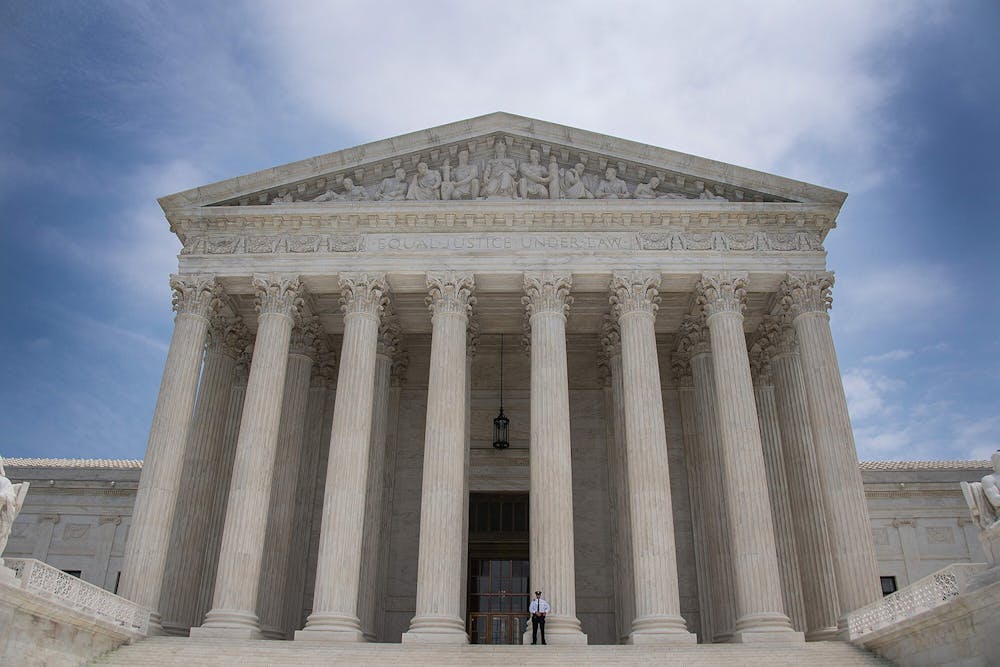The U.S. Supreme Court will decide the constitutionality of a Mississippi law that bans abortions after 15 weeks of pregnancy with no exceptions for sexual assault or incest. Oral arguments for Dobbs v. Jackson Davis Health Organization began on Dec. 1.
If the Supreme Court rules that the law is constitutional, it will potentially encourage states to change their abortion laws, including Indiana. Indiana currently prohibits abortion after 20 weeks with the exception of protecting women’s health and those who were raped or victims of incest.
The Dobbs v. Jackson Davis Health Organization case could essentially overturn Roe v. Wade by allowing states to ban abortion previability.
One can assume because of Indiana’s political affiliations, the state will limit the number of weeks that women will be able to have an abortion if the Dobbs v. Jackson Davis Health Organization case is upheld. Since Indiana is a conservative state, its politicians predominantly lie on the anti-abortion side of the argument. Anti-abortion supporters believe a fetus is a living being immediately following conception.
Many other red states also have a current abortion ban after 20 weeks of pregancy. If the Mississippi law is upheld, it’s possible other conservative states would shrink the window women have to legally recieve an abortion.
Further restricting the period of time women have to get an abortion violates women’s rights. Banning abortion within the first 15 weeks of pregnancy does not give women enough time to make the already difficult decision.
For college students, the discussion of abortion is extremely relevant. Sexual activity on college campuses is common and poses more of a risk when college students have unprotected sex.
The Mississippi law has exceptions for medical emergencies and fetal abnormalities but it does not include exceptions for victims of rape or incest. With the rise of reported sexual assaults at IU, this is scary for students. If the law is upheld, Indiana could pass laws to prohibit abortions for those who are raped.
Victims of rape already face the psychological trauma from being assaulted that leads to short term issues like fears of future attacks and long-term effects such as being twice as likely to have insomnia and elevated blood pressure. Now they may not even have the choice of whether or not to have an abortion.
Many women do not find out they are pregnant until weeks four through seven of pregnancy. This delay is normal because people don’t typically realize they are pregnant until they miss a menstrual cycle. For people with irregular menstrual cycles, it is difficult to determine whether they have missed a period due to their irregularity or because they are pregnant.
Limiting the time we have to make a decision for our bodies puts additional stress on women who are already put in a difficult position. The court should rule the Mississippi law unconstitutional to keep Roe v. Wade intact and to leave the choice up to women.
Cassie Golden (she/her) is a sophomore studying psychology and counseling. She is involved in the Marching Hundred, Marching Hundred Student Organization and psychology club.



